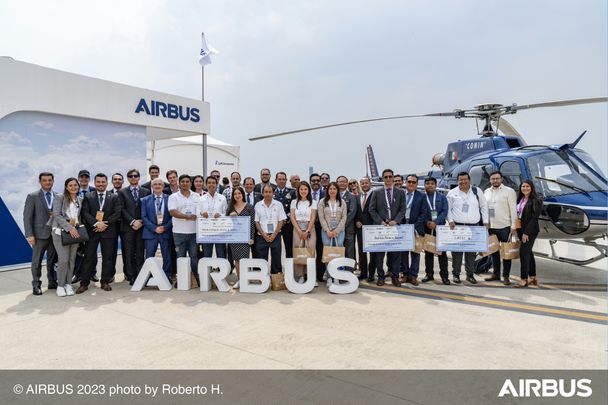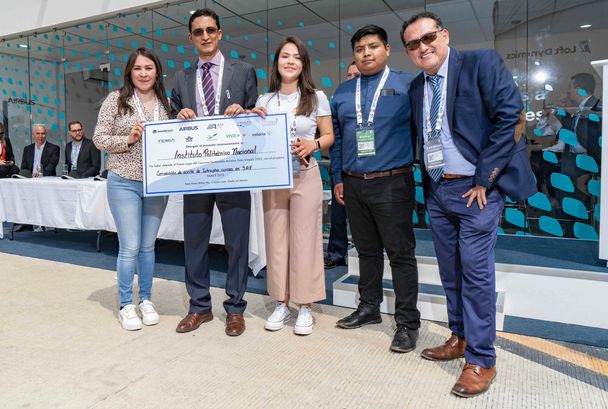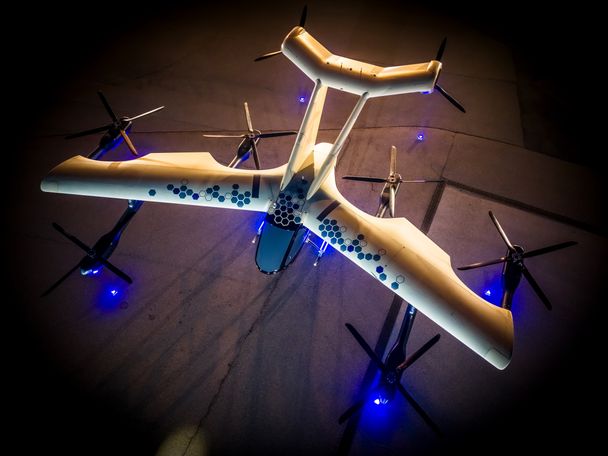Paving the way for sustainable aerospace in Latin America

Airbus aims to lead the aviation industry's decarbonisation journey as it works towards its goal of 'net-zero carbon emissions by 2050'. Fostering initiatives and partnerships across the region, here's a glimpse at how the Company has embarked on this journey in Latin America.
Levering collective intelligence to support the production and use of Sustainable Aviation Fuel
In 2022, Airbus joined Vuelo Limpio in Chile, a government-led programme to promote the use of sustainable energy and the decarbonisation of the aviation ecosystem. This year, the government is expected to announce a SAF strategy as a result of a multi-stakeholder working roundtable.
In addition to this, the Company has also joined forces with LATAM Airlines Group to fund a study at the Massachusetts Institute of Technology (MIT) Joint Program on the Science and Policy of Global Change (MIT Joint Program). With the first part of the results due to be released during FIDAE, the study, entitled, "Options for Decarbonizing Aviation in Latin America in a sustainable way: an assessment of carbon policies, carbon prices and fuel consumption in aviation up to 2050", will explore a range of avenues related to the deployment of SAF, pathways related to low-carbon hydrogen, direct air capture, and bioenergy with carbon capture and storage. The analysis will provide actionable recommendations for Brazil, Chile, Colombia, Ecuador, Mexico and Peru.
More recently, Airbus and a group of aviation industry representatives from Mexico have launched two contests for academic and research institutions in the country to submit proposals on ways to accelerate the production and scalability of Sustainable Aviation Fuels (SAF). The new contest results will be shared in 2024 during the FAMEX airshow.
Visit our website to learn more about the use of SAF.

Electrification and advanced air mobility in Latin America
In addition to promoting the use of SAF in Latin America, Airbus has also progressed towards the exploration of full electrification through advanced air mobility - an equally important lever in Airbus’ innovation and decarbonisation roadmap.
In 2022, the Company embarked on the co-creation of a functioning advanced air mobility ecosystem in Latin America with operator Ecocopter. The partners extended their collaboration to jointly explore and design new air mobility services in the region, notably in Ecuador, Chile and Peru, leveraging both Ecocopter and Airbus' networks and footprints.
Airbus recently inaugurated its fully electric VTOL prototype, known as CityAirbus NextGen. The eVTOL will be suited for a range of deployments, including passenger transport, medical services or ecotourism, bringing advanced air mobility services to communities in urban areas and beyond.




